Covid Virus: 10 myths and facts about the new coronavirus infection
Despite what you read online or sometimes watch on television about the new Covid virus, there is false information about how to protect yourself from the infection. However, credible and up-to-date news and pandemic news can usually be found on the World Health Organization website. So far, most people know that some precautions can protect them from infection or transmission of the novel coronavirus. These include, for example, washing the hands frequently with soap for at least 20 seconds, cleaning the surfaces in the house with disinfectant products, and social distance and isolation during quarantine. However, according to social media posts and questionable sources, there are many more ways to protect yourself. For this reason, we have put together the most popular ones for you in this article.
Rumors and truths about Covid Virus
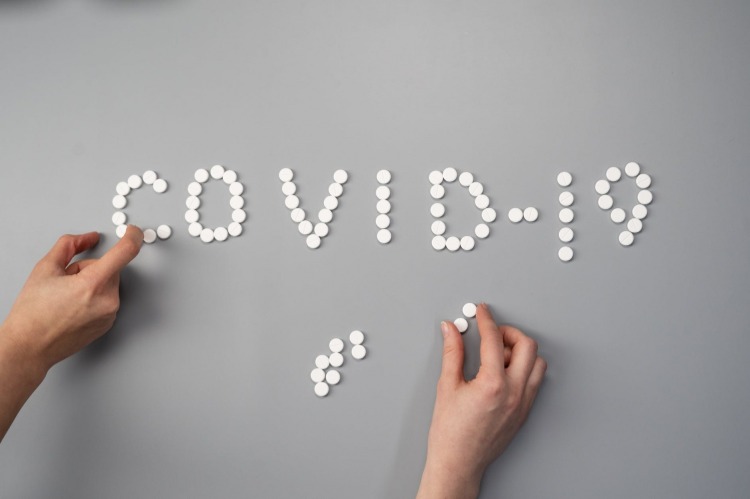
Long before the WHO called the coronavirus a pandemic, people began to give all sorts of questionable advice on how to protect yourself from infection. These started with the misguided production of their own hand disinfectant, right up to the downright dangerous drinking of bleach. All of this has even reached the point where Facebook has banned all advertisements for counterfeit coronavirus remedies. To make the facts clear, we will try to refute these common coronavirus myths that all feeds have inherited.

There is still a lot to learn about the incredibly contagious and sometimes fatal disease that originated in Wuhan, China. However, there are many things we know about it, such as transmission and possible prevention. However, this has not reduced the spread of myths about the corona virus. Fortunately, the World Health Organization has decided to debunk all of these falsehoods with some pretty helpful graphics. Knowledge is power, especially when we are in the middle of a pandemic. So here is what you need to know about the myths surrounding COVID-19 and what the experts are saying.
Myth 1

The first myth is that if you can hold your breath for 10 seconds, there is no coronavirus infection. The idea behind this theory is that when some are infected with coronavirus, 50% of their lungs suffer from pulmonary fibrosis. If someone has difficulty breathing, then a lung disease should have occurred. In addition, this causes irreversible hardening of the lung tissue. So there are amounts on the internet that say that if you can hold your breath for 10 seconds, you won't have pulmonary fibrosis. Accordingly, you shouldn't feel like gasping for breath or feeling tight in your chest. In this case, you are probably not infected with coronavirus.
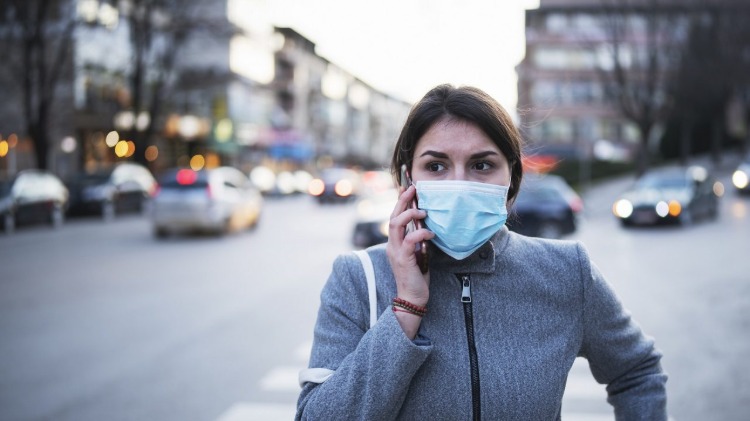
This false myth has been shared on all social media, including by actress Debra Messing, who posted it on an Instagram publication that has now been deleted. There are even reports that this advice came from Stanford University, but that's completely wrong, according to the medical school. The truth is that while it is possible for the coronavirus to cause fibrosis, holding your breath is not a suitable test. So you cannot determine at home whether you have lung damage. To get a correct diagnosis, you need a variety of exams that a doctor must do. If you have difficulty breathing due to coronaviruses or other problems, you should call your doctor.
Myth 2

Another widespread claim is that drinking water can wash the Covid virus out of your mouth. According to the article mentioned, you should drink water every 15 minutes, because even if the coronavirus gets into your mouth, water and other liquids can wash it away. In addition, it cannot survive in your stomach due to your stomach acid. Coronavirus is said to get into your airways and lungs if you don't drink enough water. Another rumor going around on social media claims that you can remove the virus from your throat by gargling with warm water and salt or vinegar.

However, the post does not indicate what type of vinegar you need to use for it. The facts in this case are that it can always be wise to stay well hydrated. This is an important precaution, regardless of whether you are sick or not. However, according to the WHO, there is no evidence that drinking water can protect you from the Covid Virus. Neither gargle with salt water or vinegar. And rinsing your nose with salt spray doesn't protect you in the same way.
Myth 3 about Covid Virus

This myth comes from a reputable source – Olivier Véran, the French Minister of Health. He tweeted on March 14 that taking anti-inflammatory drugs like ibuprofen or cortisone could be a factor in worsening the infection. According to the statement, people who have a fever or headache should take paracetamol. Some media also reported that WHO approved Véran.
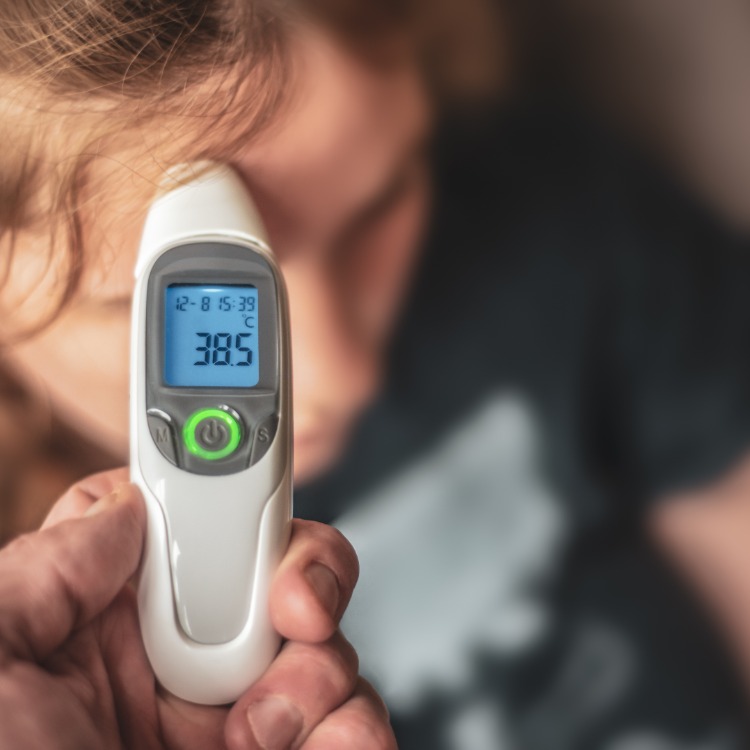
However, the European Medicines Agency issued a statement that there is no scientific evidence that taking ibuprofen or other nonsteroidal anti-inflammatory drugs could make a coronavirus infection worse. The National Health Service in the UK has also confirmed this statement. Other experts have weighed opinions, saying that there is no data to suggest that ibuprofen could worsen the infection. The WHO also tweeted that based on the information available, there is currently no reason to avoid ibuprofen.
Myth 4

Another rumor spread about the Covid virus says that it cannot survive in warm weather. At a rally on March 9, US President Trump informed his supporters that the corona virus will go away in April when the weather gets warmer. Last month he was also quoted as saying that the virus would be gone by April and that the heat generally kills these types of viruses. This suggests the idea that warmer weather will kill the virus and thus help minimize its spread. According to the WHO, however, the coronavirus can be transmitted in all regions of the world, even in hot climates. It won't just disappear in the northern hemisphere, as the weather gets warmer in spring and summer, experts say. We do not yet know if COVID-19 is a seasonal virus like influenza. This means that as the temperature rises, it loses the ability to infect cells.
Myth 5

The next generation of mobile services, 5G, has sparked some controversy worldwide. People have raised concerns that the radio signals used by 5G could cause cancer and other health risks. It is therefore not surprising that many reports are currently attempting to blame such a theory for the coronavirus pandemic. The truth in this case is that 5G has played little role in causing the coronavirus. Corona viruses have been around for decades, long before the advent of the wireless networks that people use today. There is also no documented link between cell phones, including 5G networks, and cancer. These do not produce the type of energy that can directly damage cells.
Covid Virus: Myth 6
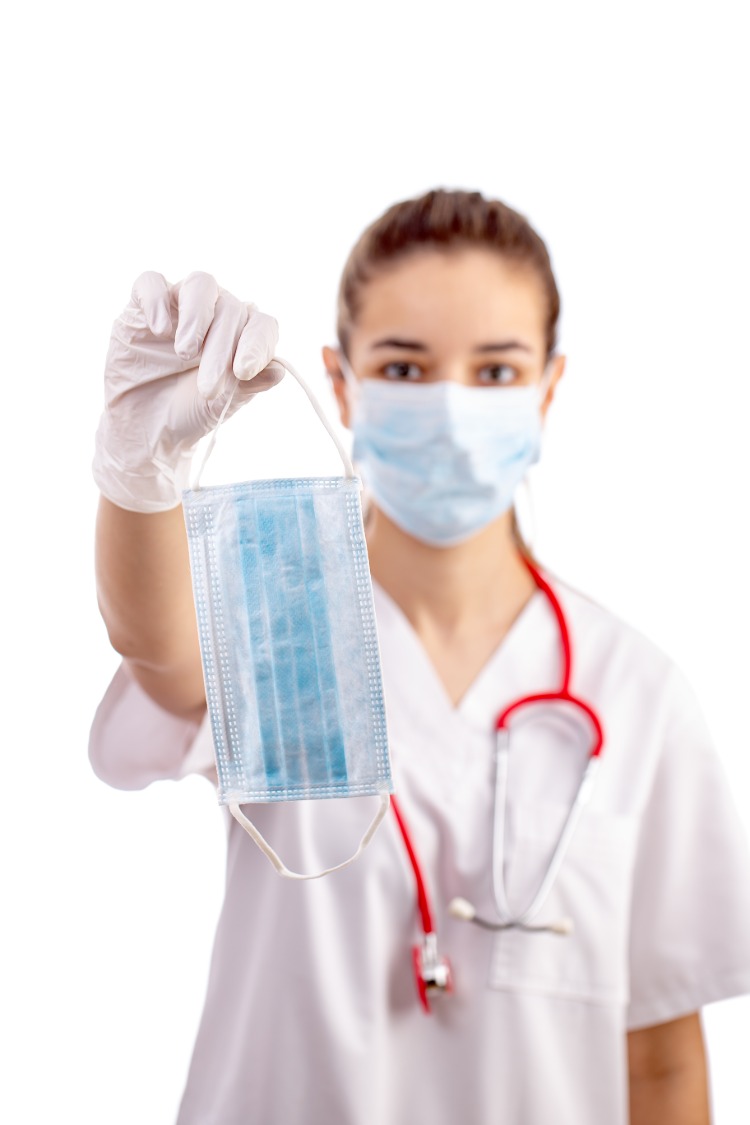
The use of a face mask is said to protect you from the corona virus, according to the next myth. For this reason, in the early days of the outbreak, people tried to buy as many surgical protective masks as possible. The idea was that these masks could prevent the virus from getting into the airways. However, such masks cannot block viruses in the air. They are specifically designed to prevent fluids from another person's cough or sneeze from getting into their mouth and nose, or to prevent fluids from coughing and sneezing from getting into someone else's airway. N95 respirators can prevent airborne viruses from entering your mouth or catching them from your body. However, you don't necessarily have to use one unless you think you are infected with the virus or you are showing symptoms of the Covid virus and want to protect others from infection.
Myth 7

Another widely held theory is that garlic and other herbs are said to protect against, or even cure, coronavirus. The garlic is of course known for being able to strengthen the immune system. For this reason, rumors are circulating online that this could also prevent a coronavirus infection. One post says garlic would be especially helpful if you cook it and drink the leftover water.

Some social media posts also claim that brewing herbal tea (some even suggest sea moss) can protect children from the onset of the corona virus. While garlic is good for immunity, it cannot protect you from coronavirus infection, according to the WHO. The same applies to herbal teas and other natural products that can otherwise be health-promoting.
Myth 8

Another misinformation about disinfection with home remedies is the use of alcohol or bleach on the skin. When hand sanitizers became scarce in stores, people were looking for other ways to protect themselves, for example by spraying disinfectants on their bodies or clothing, according to WHO's facts that spraying bleach or rubbing alcohol on your body can not only damage your mucous membranes, but also won't protect you from the corona virus. Also, don't drink alcohol or bleach to protect yourself – both can cause serious health problems and even death.
Myth 9

According to some information on the Internet, it is not safe to receive a letter or package from China. According to the WHO, this is simply not true. However, people who receive parcels from China are not at risk of becoming infected with the new corona virus. Health experts know from previous analyzes that corona viruses do not survive long on objects such as letters or parcels. This way of thinking is also harmful, as it only helps to maintain the stigma of certain populations associated with the coronavirus. This stigma, which can force people to hide their diseases, also prevents the population from receiving immediate medical attention. This not only prevents people from behaving well, but according to the WHO, it can lead to more serious health problems and persistent transmission of the Covid Virus.
Myth number 10 about Covid Virus

Last but not least, the tenth of many rumors says that pets can spread and transmit the new corona virus. While certain forms of the coronavirus may be cat or dog, the WHO confirms that there is currently no evidence that your domesticated animals can be infected or spread with the new coronavirus. However, it is always a good idea to wash your hands with soap and water after contact with pets. This protects you from various common bacteria such as E. coli and Salmonella that can be transmitted between pets and humans.
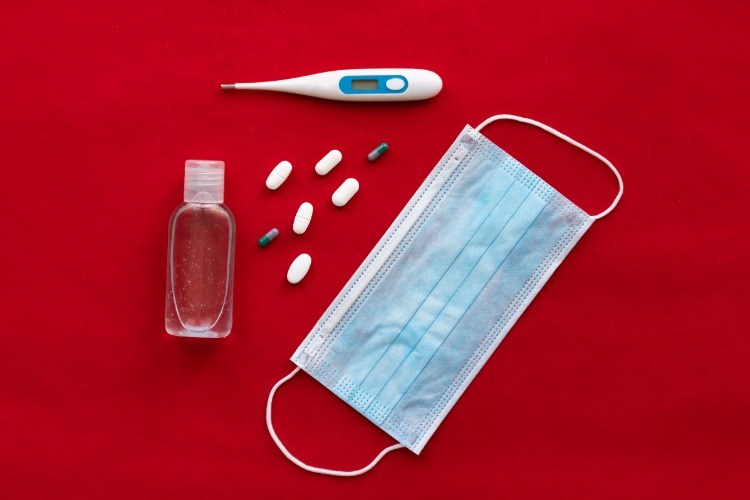
The information contained in this article is for educational and informational purposes only and is not intended as health or medical advice. Always consult a doctor or other qualified healthcare provider if you have any questions about an illness or current health issues.
The post Covid Virus: 10 myths and facts about the new coronavirus infection appeared first on Deavita.com | Living ideas, design, hairstyles, make-up, lifestyle, health and beauty tips.





















